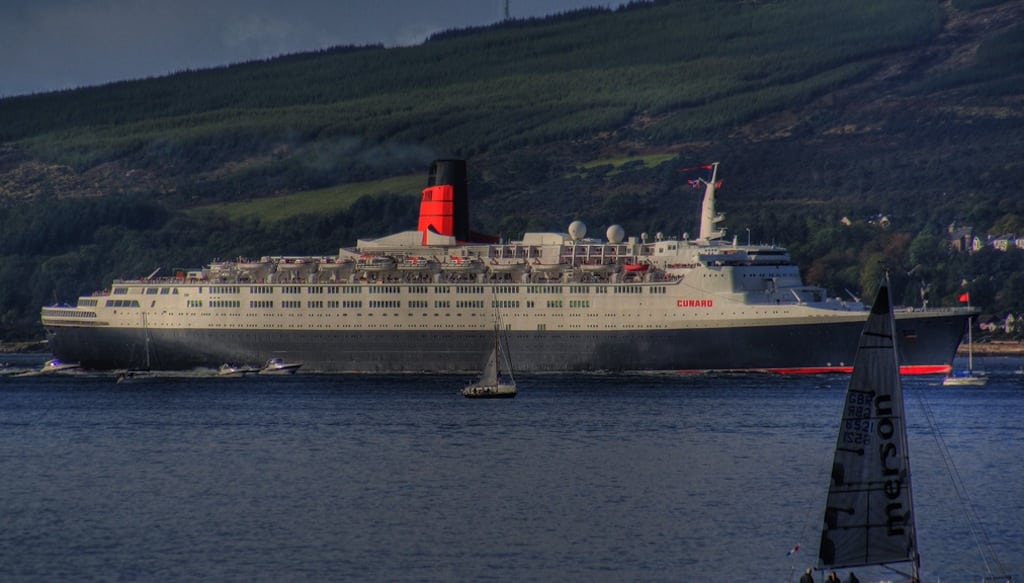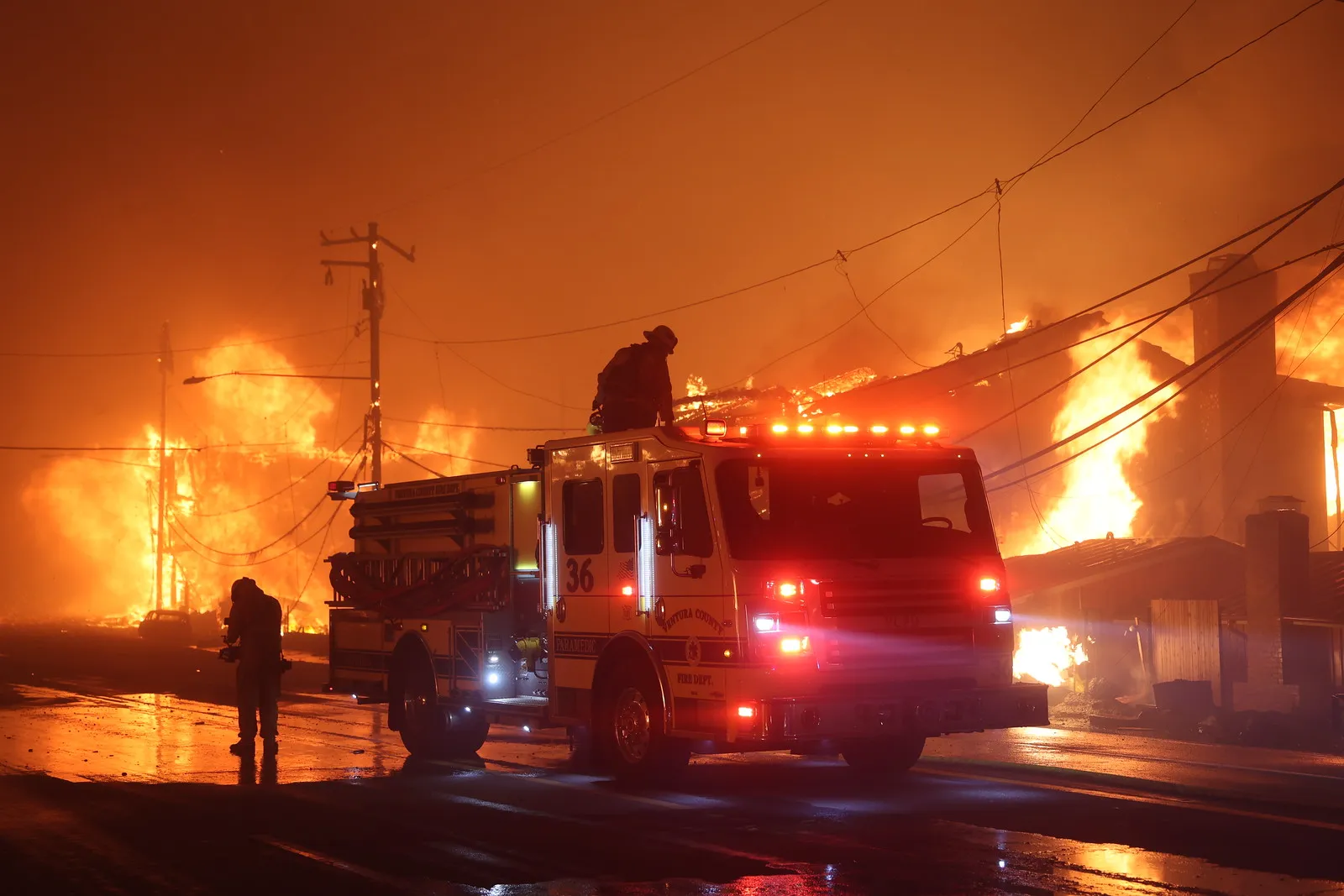QE 2 hotel plans appear to be scrapped

Skift Take
The QE2 is reportedly to be sold for scrap to a Chinese firm after plans to turn it into a floating hotel were abandoned.
The prestigious former Cunard liner has been moored in Dubai’s Port Rashid since it was sold to the firm Istithmar for £64 million in 2008.
Initially the owners had hoped to transform the ship into a lavishly-appointed 1000-room hotel, but in July revealed new plans for a 300-room hotel which would see many of the ship’s original features maintained. Last month a British consortium proposed moving the QE2 to London and converting it into a floating hotel outside the O2 Arena – a move that could have created up to 2,000 jobs.
However, the Daily Mail reported last night that a Chinese crew of 20 had boarded the ship – replaced a crew of 40 who had been maintaining the vessel – leading to fears that it is to be sold for scrap.
Roger Murray of QE2 London told the newspaper: “We have been told the ship is going to be put into a dry dock before being taken to an unknown destination in the Far East.
“That is a tragedy because it almost certainly means the QE2 is being sold as scrap. Our investors were going to give £20 million for the ship itself plus £60 million for renovation and the cost of bringing the ship back to Britain.
“But the ship could raise as much as £20 million as dead weight scrap and the Chinese cash would be immediate.”
The QE2 was launched in 1969 by the Queen, making its maiden voyage from Southampton to New York. It was operated for nearly 30 years by Cunard, and was used to carry troops to the south Atlantic during the Falklands War.
Its final voyage was to the Middle East in 2008.
![]()




